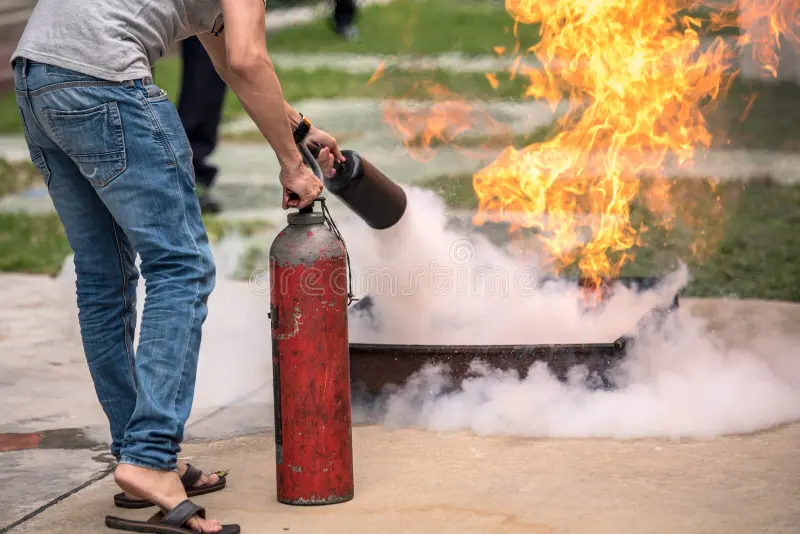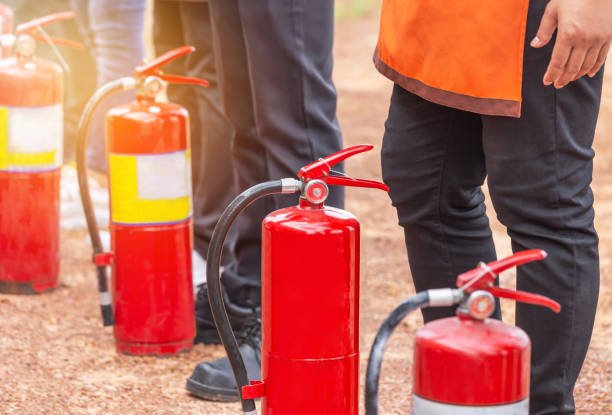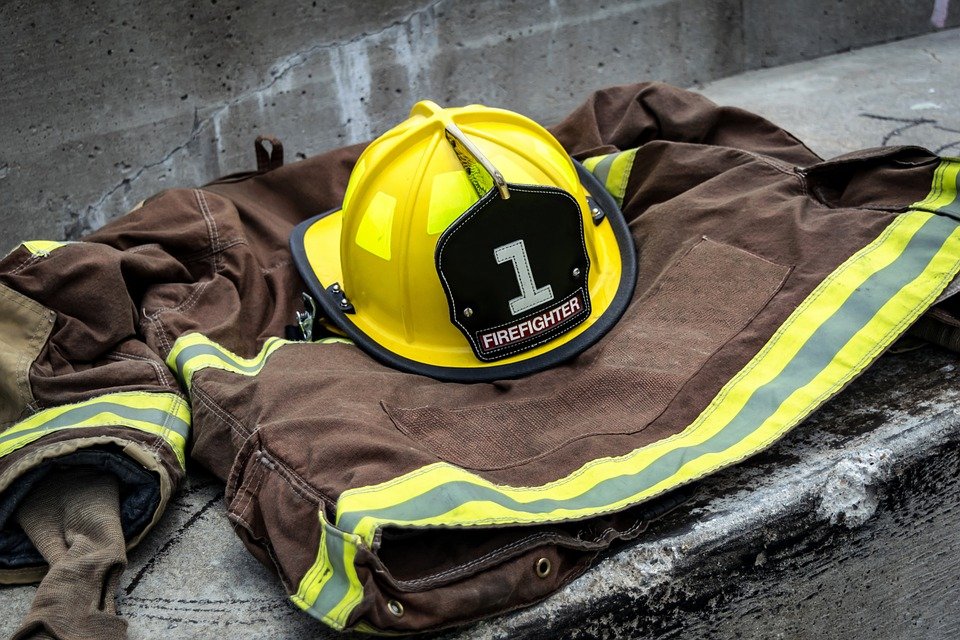Services

Fire Safety Education
Providing workshops, seminars, and online resources tailored specifically for students to raise awareness about fire hazard.The first line of defense against fires is prevention. Educating individuals on common fire hazards, such as faulty wiring, overloaded sockets, or improper use of flammable materials, can significantly reduce the risk of a fire starting in the first place. Simple steps like keeping flammable materials away from heat sources and ensuring smoke detectors are installed and regularly maintained can go a long way. Fire safety practices evolve over time as new technologies emerge and our understanding of fire behavior improves. Therefore, fire safety education should be an ongoing process. Whether through refresher courses, updates on best practices, or staying informed about the latest fire safety regulations, continuous learning ensures that individuals and communities remain prepared to face the ever-changing challenges posed by fires.

Campus Fire Drills
Organizing regular fire drills on college campuses to ensure students know evacuation procedures and can practice them efficiently.Begin by creating a detailed fire evacuation plan tailored to your campus layout and population. Identify primary and secondary evacuation routes for each building, designate assembly areas at safe distances from the buildings, and assign responsibilities to key personnel, such as fire wardens and evacuation coordinators. Conduct fire drills at regular intervals throughout the academic year to familiarize occupants with evacuation procedures and test the effectiveness of the evacuation plan. Consider conducting drills at different times of the day and under varying circumstances to simulate realistic scenarios.Prior to conducting fire drills, provide training sessions to educate campus occupants on fire safety protocols, including the use of fire alarms, evacuation procedures


Fire Safety Inspections
Conducting regular inspections of student housing facilities to ensure they meet fire safety standards, such as proper fire.Fire safety inspections are critical measures undertaken to ensure that buildings and facilities comply with fire safety regulations and standards. Conducted regularly by qualified inspectors, these inspections play a crucial role in identifying and mitigating fire hazards, thereby reducing the risk of fire-related incidents and safeguarding lives and property. Here’s why fire safety inspections are essential. Fire safety inspections help ensure that buildings adhere to local, state, and national fire safety codes and regulations. By verifying compliance with these standards, inspections help prevent fire hazards and promote a safe environment for occupants.Fires can cause extensive damage to buildings, equipment, and assets. Fire safety inspections help minimize the risk of property damage by identifying vulnerabilities and recommending measures to enhance fire resistance and containment.

Resident Advisor (RA) Training
Training residential advisors or student leaders on fire safety protocols so they can assist in educating their peers.Resident Advisors (RAs) play a crucial role in fostering a safe, inclusive, and supportive living environment within residential communities on college campuses or in other housing facilities. Proper training equips RAs with the knowledge, skills, and resources necessary to address a variety of challenges and ensure the well-being of residents. Here’s an outline of essential training topics for Resident Advisors. RAs should receive comprehensive training on fire safety protocols, including evacuation procedures, the proper use of fire extinguishers, and emergency communication systems. Training should also cover response strategies for other emergencies, such as medical incidents, natural disasters, or security threats.RAs often serve as mediators in conflicts between residents. Training should focus on effective communication techniques, active listening skills, and strategies for de-escalating conflicts.


Fire Safety Campaigns
Running campaigns throughout the academic year to keep fire safety on students’ minds and encourage responsible.Fire safety campaigns are crucial initiatives aimed at raising awareness, educating the public, and promoting proactive measures to prevent fires and minimize their impact. By engaging communities in fire safety education and preparedness activities, these campaigns play a vital role in saving lives and protecting property. Here’s how to create an effective fire safety campaign.Start by identifying the specific audience(s) for your fire safety campaign. This could include homeowners, renters, businesses, schools, or other community groups. Tailor your messaging and outreach efforts to resonate with the needs, concerns, and demographics of your target audience.Develop clear and concise key messages that emphasize the importance of fire prevention, preparedness, and response. Highlight topics such as smoke alarm maintenance, escape planning, proper use of fire extinguishers, and the dangers of common fire hazards. Use simple language and visuals to make the information accessible to diverse audiences.

Student Involvement
Encouraging students to actively participate in fire safety initiatives through student organizations, volunteer opportunities.
Title: Empowering Students Through Involvement: Building Stronger Communities
Student involvement is a cornerstone of vibrant and thriving campus communities. When students actively engage in extracurricular activities, clubs, organizations, and leadership opportunities, they not only enrich their own college experience but also contribute to the overall vitality and success of the campus community. Here’s why student involvement matters.Participating in extracurricular activities provides students with opportunities for personal growth and development outside the classroom. Through involvement in clubs, sports teams, volunteer work, or leadership roles, students can develop valuable skills such as communication, teamwork, time management, and problem-solving. These experiences help students build confidence, explore their interests, and discover their strengths and passions.
